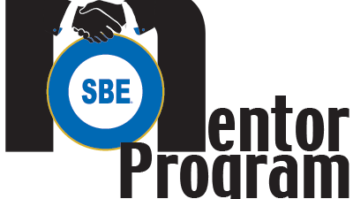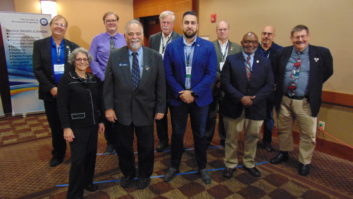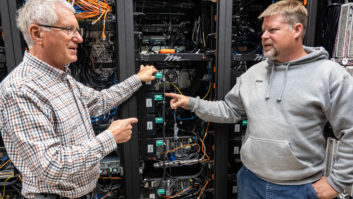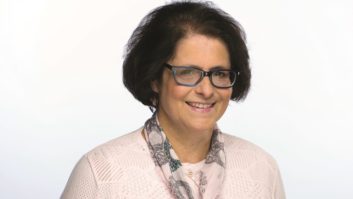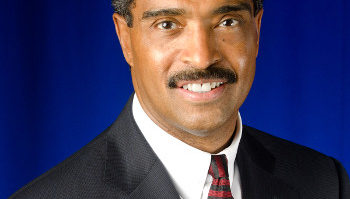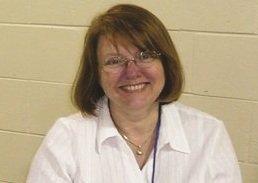If you are a member of the Society of Broadcast Engineers and are active in the field, please consider becoming a mentor.
“Now in its seventh year, the program aims to develop new broadcast engineers through relationships with more-seasoned professionals,” the society wrote in an email in January.
“This relationship is mutually beneficial in that it offers less experienced SBE members to gain knowledge and experience, while the seasoned mentor gives back to their profession.”
There are two ways you can take part.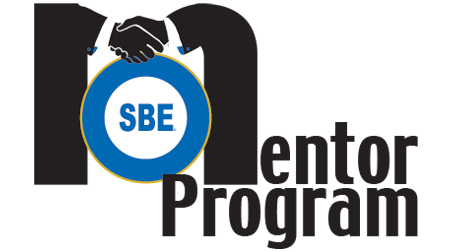
“While regular mentors are paired with a mentee to provide guidance, there can be times where a mentee has questions in an area that may not be the mentor’s main field of expertise,” the society said.
“With this, the SBE Mentor Program also has Subject Matter Expert (SME) Mentors available. SMEs can be brought in as the need arises. Mentors can serve in one or both roles. There are separate application forms for the two areas of participation.”
The pairing is for a year. Mentors and mentees can establish a schedule that works best for them, but the SBE asks that you connect by phone at least once every two weeks.
Radio World contributor Mark Persons wrote about the experience of mentoring awhile back.
“Mentor/mentee is a teacher/student relationship of, in this case, the practiced art of broadcast engineering,” Mark wrote.
“I say art because it is more than electrons flowing through wires. The engineer needs to fit all the pieces together to make a station play. An expensive mistake makes for a hard lesson learned, but one that can be avoided again by passing the story along.
“Radio World contributor and friend Buc Fitch said it right: ‘Mentoring is the transfer of the love and practice of the craft while internship is academically focused on learning the mechanics.’ As a mentor, I try to convey the spirit of broadcast engineering.”
Mark offered tips including this: “Be conscious of using buzz words, phrases and abbreviations that outsiders would not know, such as STL, ICR, AoIP, RF circular polarization, ground system, TPO, ERP, HAAT, composite audio and SCA. The list goes on. Explaining these is all a part of the teaching and learning process.”
He added that his biggest problem is keeping his own hands off the equipment. “After all, the best approach is to explain how it is done and let the student learn by mistakes, just as I did years ago.”
The SBE Mentor Committee Chair is Pierre Jaspar, CSTE. For information about the program or to apply as either mentee or mentor, visit sbe.org/mentor.
